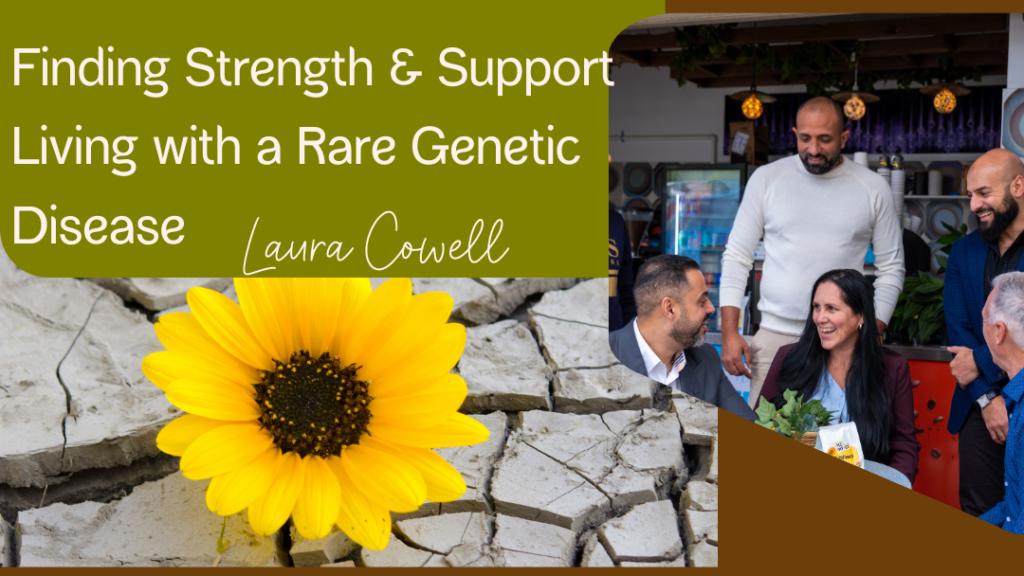
Living with a rare genetic disease often feels like navigating a labyrinth without a clear path forward. Despite the challenges, I’ve found immense strength and gratitude through the support of my company, my inspiring boss, and dear friend, Yasser Zaki , and the trusted network that surrounds me. These elements have been pivotal in managing what I call an ‘invisible’ disease.
When I was first diagnosed, the reality of living with a rare genetic condition felt daunting. The symptoms were not always visible, making it hard for others to understand the complexities of my daily experiences. This invisibility can be one of the most challenging aspects of having a rare disease. You struggle not just with the symptoms but also with the need for others to recognise and validate your experiences.
Thankfully, my journey has been significantly eased by the culture of understanding and support cultivated by my company. From the top down, there is a palpable sense of empathy and an earnest desire to accommodate needs that are not always apparent. This culture is championed by my boss, Yasser, whose support has been nothing short of extraordinary.
Yasser is not only been a boss but also a friend and advocate. His approach to leadership—marked by compassion and a genuine commitment to employee well-being—has set a tone that resonates throughout our workplace. It’s a rarity to find someone who not only understands the challenges of living with a rare disease but also actively works to mitigate those challenges through supportive workplace practices.
Recently, my experience contracting COVID-19 further highlighted the incredible supportive environment I work in. During this challenging time, my company’s response was immediate and unwavering. The flexibility afforded to me regarding work hours and deadlines allowed me to focus fully on recovery without the added stress of work obligations. My amazing staff rallied around me, sending messages of encouragement, and offering their help, whether for work-related tasks or personal support. This collective response not only aided my physical recovery but also lifted my spirits, reinforcing my gratitude for a workplace that extends its care well beyond professional boundaries. It’s moments like these that truly show the strength and compassion of a supportive work culture.
The importance of a trusted support network cannot be overstated, especially for those of us living with invisible diseases. Knowing that there are people who believe in you, understand the hurdles you face, and are ready to stand by you can make all the difference. It transforms the workplace from a mere place of employment into a community and a source of strength.
The presence of a supportive network at work reflects a broader necessity—the need for societal structures that acknowledge and accommodate the less visible aspects of chronic illnesses and disabilities. Advocacy, awareness, and accommodations are crucial in fostering an inclusive environment where everyone, regardless of their health challenges, can thrive.
My story is a testament to the power of kindness, understanding, and proactive support in the workplace. It highlights why businesses should strive to understand and implement supportive practices for all employees, especially those with invisible or rare conditions.
Through this journey, I have learned that while my disease may be rare and often invisible, the support and love I receive are palpably significant and visible in every act of kindness from my support network. For this, I am profoundly grateful.
In sharing my experience, I hope to inspire other organisations to follow the example set by my company, Yasser and I. Join me in advocating for workplaces that are not just about professional growth, but also about personal support and understanding, making each day manageable and every employee valued for their unique contributions.
Empowered by kindness, united by support.